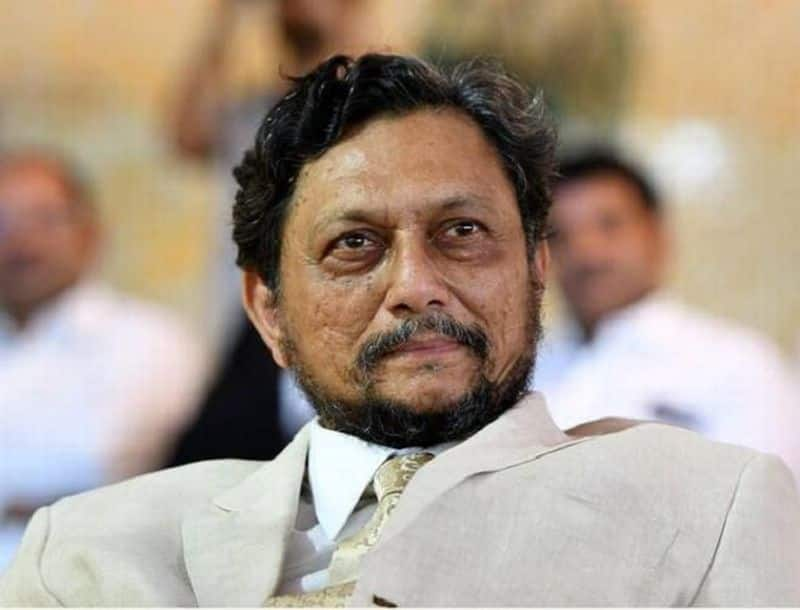Chief Justice of India SA Bobde said that the court would determine the rights but not in the atmosphere of a riot. He further said that if protests lead to violence and destruction of public properties, the court would not hear it.
New Delhi: The Supreme Court on Monday (December 16) said that it would not take suo motu cognisance of the petition filed against protests in the national capital until "violence and destruction of public properties" stops.
"Let the rioting stop. Public property is being destroyed. The court can't do anything right now. We will determine the rights but not in the atmosphere of riots. Let this stop, and then we will take suo motu cognisance. If protests violence and destruction of public properties continues, we will not hear it. Come back tomorrow," a bench headed by Chief Justice of India SA Bobde, said.
The matter was mentioned before the bench by senior advocate Indira Jaising in the backdrop of violent protests which erupted in Delhi's Jamia Millia Islamia University and Aligarh Muslim University yesterday over newly enacted Citizenship (Amendment) Act.
Jaising requested the apex court to take suo cognisance of violence.
"Human right violence is taking place all over the country. No one can stop the peaceful protest in this country. Hundreds of students injured, buses are burnt by the police and blame is being put on students," the advocate said.
On these contentions, the Chief Justice Bobde said the police should handle the law and order situation.
"Just because they happen to be students, it doesn't mean they can take law and order in their own hands. This has to be decided when things cool down. This is not the frame of mind when we can decide anything. We will take cognisance, but let this stop. We will see what we can do. First, we want to assure that there is peace," CJI Bobde said.
He, however, clarified that the court is "not against rights and peaceful demonstration" by the protesters.
Meanwhile, senior advocate Colin Gonsalves requested the top court to appoint a retired top court judge to inquire into the matter.
"Muslims are being kept away in the Citizenship (Amendment) Act. Afghanistan is included, but neighbours -- Myanmar, Sri Lanka, Nepal and Bhutan are avoided. This cannot be accepted. It is against the Constitution to divide people on religious line. CAA is anti-democratic," he told the court.
The Act provides citizenship to Hindu, Sikh, Buddhist, Jain, Parsi and Christian communities who faced religious persecution from Pakistan, Bangladesh, and Afghanistan and arrived in India before December 31, 2014.
Last Updated Dec 16, 2019, 1:37 PM IST











![Salman Khan sets stage on fire for Anant Ambani, Radhika Merchant pre-wedding festivities [WATCH] ATG](https://static-ai.asianetnews.com/images/01hr1hh8y86gvb4kbqgnyhc0w0/whatsapp-image-2024-03-03-at-12-24-37-pm_100x60xt.jpg)
![Pregnant Deepika Padukone dances with Ranveer Singh at Anant Ambani, Radhika Merchant pre-wedding bash [WATCH] ATG](https://static-ai.asianetnews.com/images/01hr1ffyd3nzqzgm6ba0k87vr8/whatsapp-image-2024-03-03-at-11-45-35-am_100x60xt.jpg)



